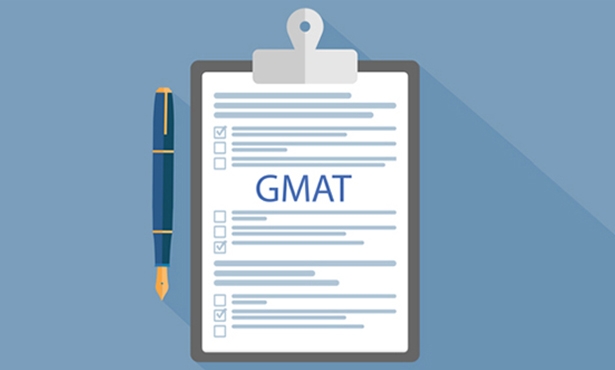Exams are a crucial part of the education roadmap. One way or the other, students have to undergo periodic evaluations that serve as quality checks. While on the other hand, competitive exams put in place for AFCAT Recruitment, Bank PO Recruitment, Railways vacancies etc, tend to test the knowledge of candidates and select the best suited ones for the positions.
As anxious as exams might make students, schools aren’t going to get rid of them any time soon. So it makes sense that aspirants learn to cope with them as calmly and effectively as possible. Moreover, giving your best effort is just not enough. A lot of meticulous planning goes into cracking competitive exams and securing decent scores.
Let’s take a look at some key pointers which if implemented judiciously, will surely increase your final score.
- Failing to Plan is Planning to Fail: Studying as much you can and hoping for the best will land you in big trouble, and far from your expected results. It is fairly important to outline the strategy that you’re willing to follow, marked by certain basic questions. Some of these questions are “how many hours are you planning to study per day?”, “how will you distribute your studying hours throughout the day?, “how many mock tests per week will you attempt?” and so on. Formulate a plan based around these basic pillars, and you’ll start seeing the positive difference from this structure in your mock test scores. For instance, if you’re planning on preparing for AFCAT, pull out the AFCAT Syllabus and use it as the foundation of your daily/weekly/monthly planning.
- Avoid Mugging at the Eleventh Hour: Rather than relaxing during the last few hours, if you resort to frantically reviewing facts and equations, the results can be catastrophic. Avoid piling up last minute nervousness and anxiety. Have faith in your preparation and if possible, visualize yourself answering the questions correctly and confidently. While gulping more and more information till the very end may provide psychological comfort, it has more adverse effects that you know. Practise taking deep breaths to calm your senses, and drink lots of water to keep your stress levels in check.
- The Process Matters More Than the Outcome: When it comes to performing in crunch situations, it is best to ‘stay in the now’. Which basically means to let go of the past and the future, and operate solely based on the present scenario. Better outcomes are achieved when the student is focussed on the process, rather than the outcome. Let your instincts acquired over months of practise take over, and forget about the results, expectations and disappointments.
- Incorporate a healthy and wholesome lifestyle: How you perform in the exam will be the culmination of a plethora of factors. And much of those variables will depend on your daily lifestyle. To maximise focus, inculcate meditation and exercise into your day-to-day proceedings. Make sure to eat healthy and avoid junk food on a regular basis. One of the most overlooked factors for the modern student is adequate sleep. Late night studying sessions have become the norm, but they do more harm than good. Take timeouts and hangout with friends to loosen out everyone once in a while. The aforementioned hacks sound obvious, but are often excluded from our study plans.
It is fair to keep in mind the final result does not define your self-worth or hard work. But a diligent student learns from his/her wrongdoings and gets back to the drawing board. Attaining perfection is never the goal while preparing for exams, but self-discipline is.
